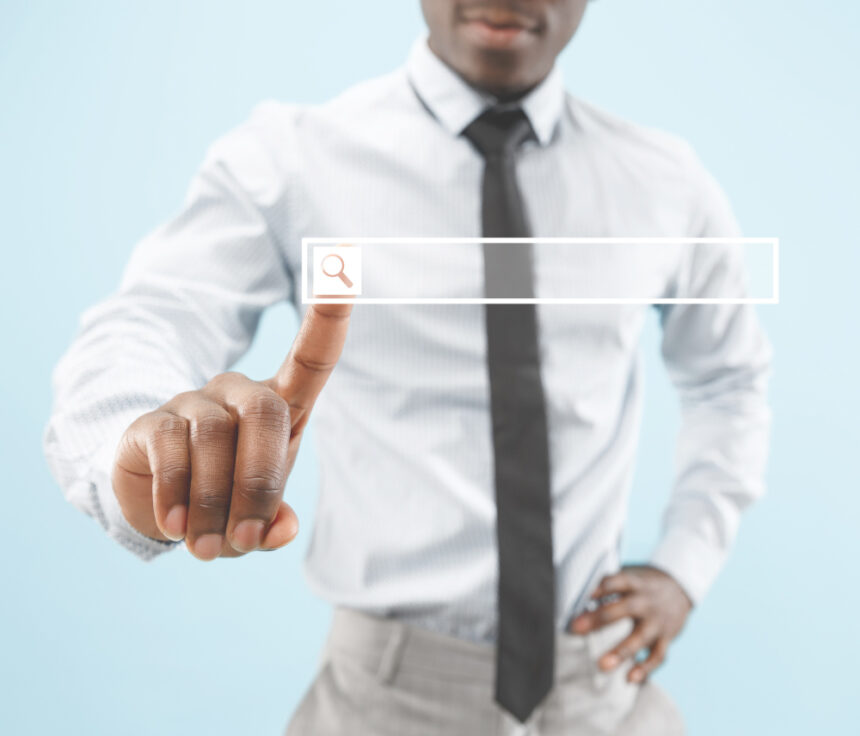In today’s fast-paced world, the ability to differentiate fact from fiction has become an important skill – one that not only safeguards our understanding of the world but also influences the choices we make. From a shocking headline on your social media feed to a viral video or a politician’s soundbite, misinformation is everywhere. Yet, the antidote to this flood of misinformation is simple: fact-checking.
But what exactly is fact-checking? Why should we, as everyday consumers of information, stay vigilant? Let’s dive into the art of fact-checking and explore how it empowers us to make informed choices in a world brimming with uncertainty.
Fact-checking is more than just ‘LOOKING THINGS UP’
At its core, fact-checking is the process of verifying information to ensure its accuracy and reliability. It goes beyond just Googling an answer. It involves cross-referencing multiple credible sources, considering context and applying critical thinking to assess the truth of a claim.
Take, for example, a political speech in which a politician claims, “Our economy is doing much better than last year.” A quick fact-check would involve verifying economic statistics, comparing them to data from the previous year, and considering whether factors like economic conditions have been accounted for.
Why Is It Important to Fact-Check?
In the digital age of information, we have more access to news, opinions and data than ever before, which has led to the proliferation of misinformation. Social media platforms, search engines and even news outlets can unintentionally or intentionally spread incorrect or misleading information. The consequences of misinformation are far-reaching.
The rise of “fake news” isn’t just about a few misleading headlines, exaggerated claims, doctored images and edits, or outright falsehoods – it’s about the erosion of trust. But why is fact-checking so essential? Let’s dive into how taking the time to verify what we read, hear, and share can greatly influence our understanding of the world and the decisions we make:
1. It’s a Personal Responsibility in the Information Age
In this era, it’s easy for anyone to publish or create information, and we often assume what we see is accurate. However, people can misrepresent or twist data, or even create content with a specific agenda. That’s why fact-checking is a personal responsibility. It’s up to each of us to verify the information we consume and share. Always ask yourself: Is this true?
2. Misinformation Is Everywhere – And It Spreads Fast
Misinformation is everywhere, from viral social media posts to misleading headlines and it spreads faster than the truth. In the digital age, social media algorithms often prioritize sensational content often outpacing well-researched news, influencing public opinion, swaying elections and even harming public health. Allowing misinformation to go unchecked makes it harder to distinguish fact from fiction.
3.It Protects Our Society and Democracy
In an age where political rhetoric can be manipulated to sway public opinion, citizens must have access to accurate information to make informed choices. By fact-checking political claims, we help ensure that the information influencing public debates is truthful and reliable. It also holds public figures accountable for their statements, helping to prevent the spread of propaganda and misinformation that can undermine democracy.
Fact-checking is a cornerstone of a healthy democracy.
4.It Helps Combat Bias and Polarization
Our brains are naturally wired to seek information that confirms our existing beliefs and biases. This tendency, known as confirmation bias, can cause us to accept inaccurate or one-sided information simply because it aligns with our worldview. Fact-checking helps counteract this by encouraging us to seek multiple perspectives, verify claims and think critically, promoting open-mindedness and more balanced, informed conversations.
5. It Builds Credibility and Trust
In a world of diverse voices, trust is essential for healthy relationships and productive discourse. Fact-checking helps build and maintain trust by ensuring we rely on credible sources and share accurate information. This fosters accountability and encourages others to be more discerning, promoting a culture of truth in an increasingly untrustworthy environment.
6. It Protects Our Decisions and Beliefs
The decisions we make, from voting to purchasing products, rely on the quality of information we have. Failing to fact-check can lead to choices based on inaccurate or harmful information. Fact-checking helps ensure our decisions are based on reliable facts, giving us confidence and clarity to make informed, truth-aligned choices.
Conclusion
At the end of the day, the power to protect the truth lies in our hands. By verifying the claims we encounter—whether in politics, health, or daily life—we ensure our beliefs and actions are grounded in reality. Fact-checking may seem like a small effort, but it has a significant impact on the quality of the information we consume and the world we shape.
Call To Action
Share your favorite fact-checking tools or tips in the comments below, and let’s work together to ensure that the truth rises above the noise.



